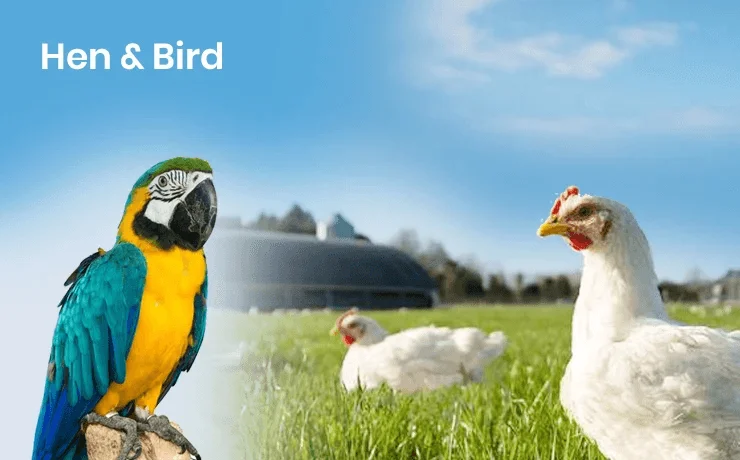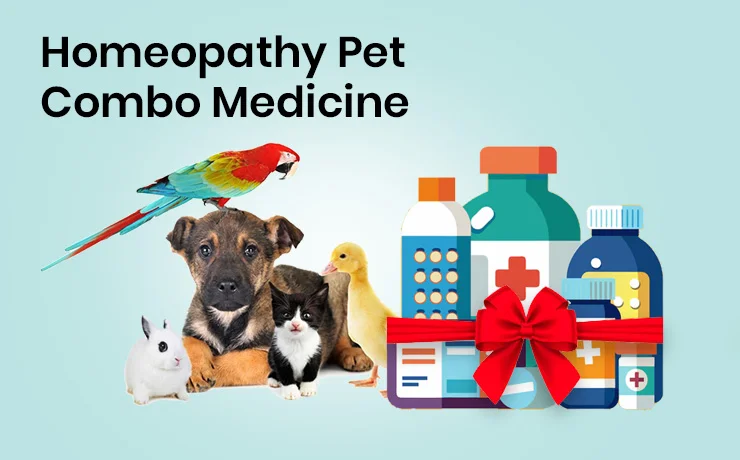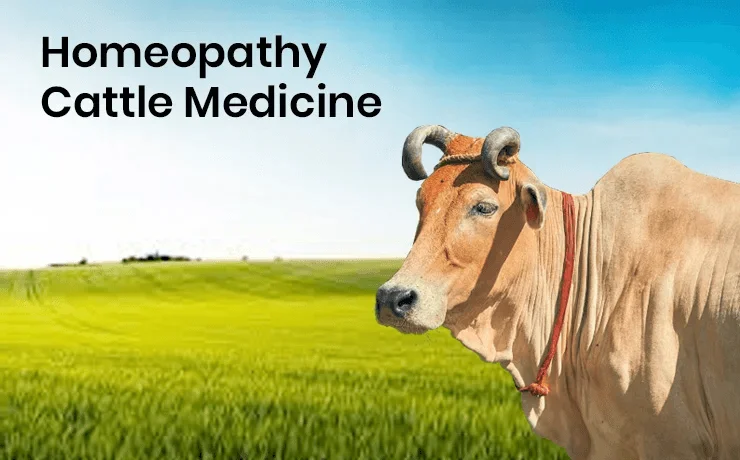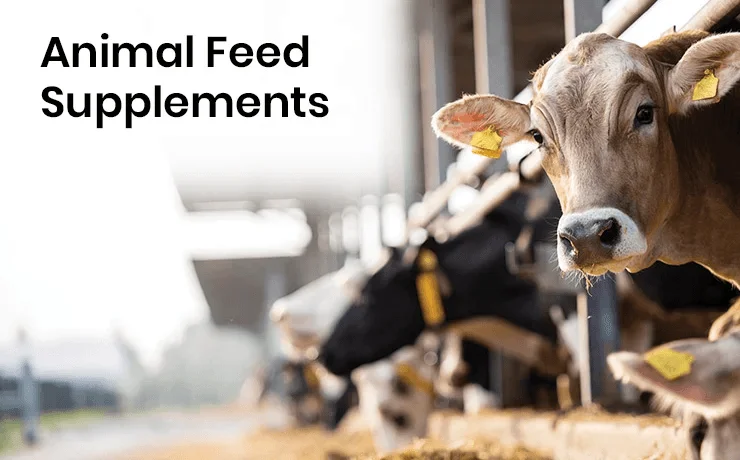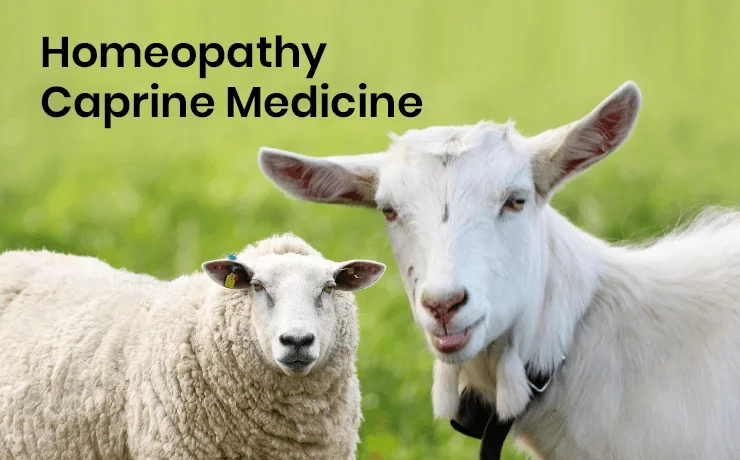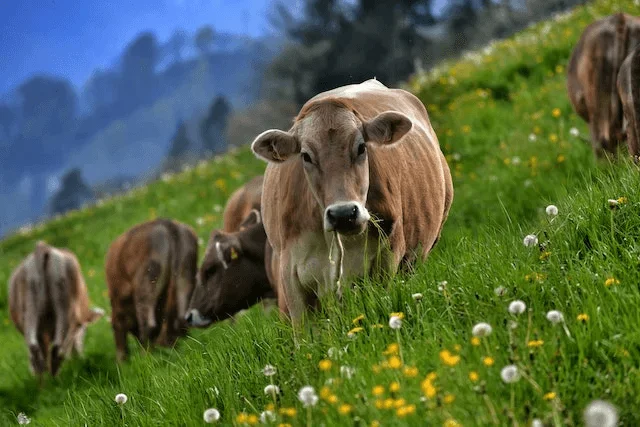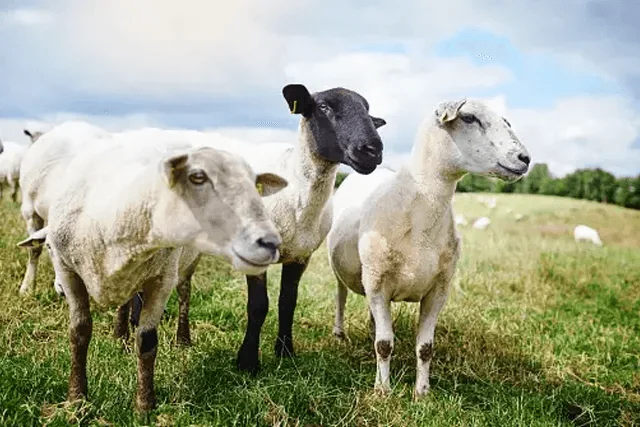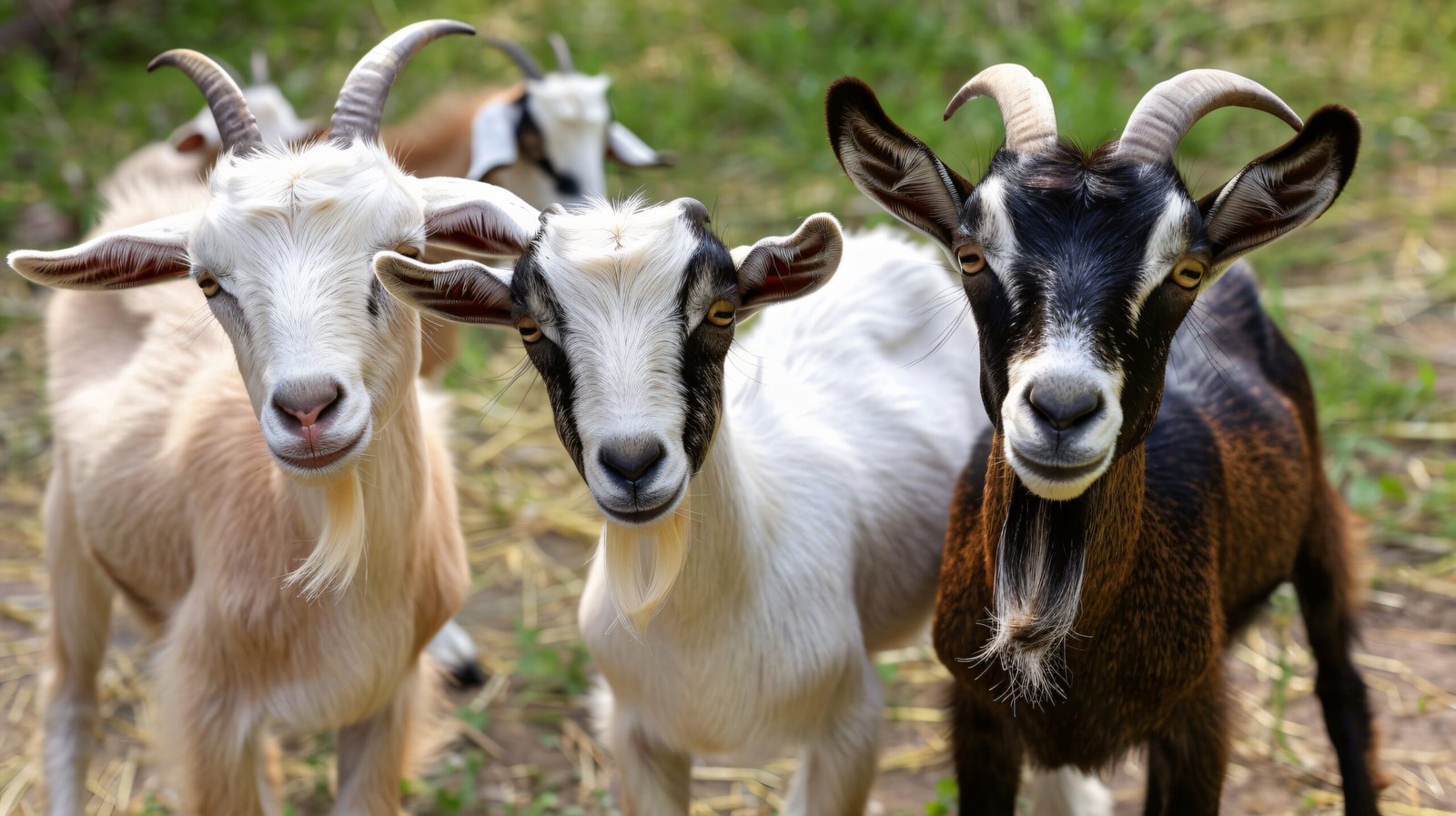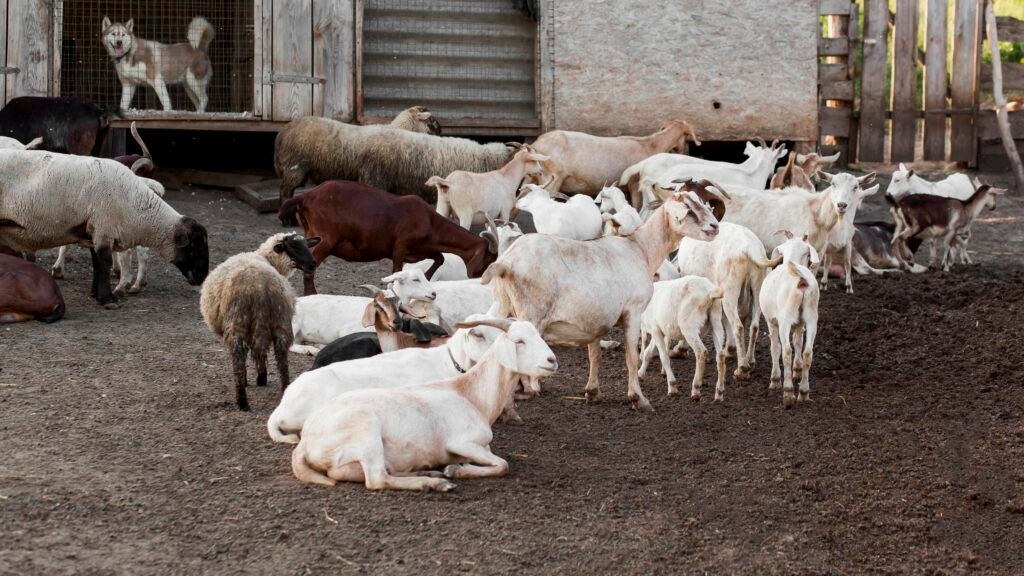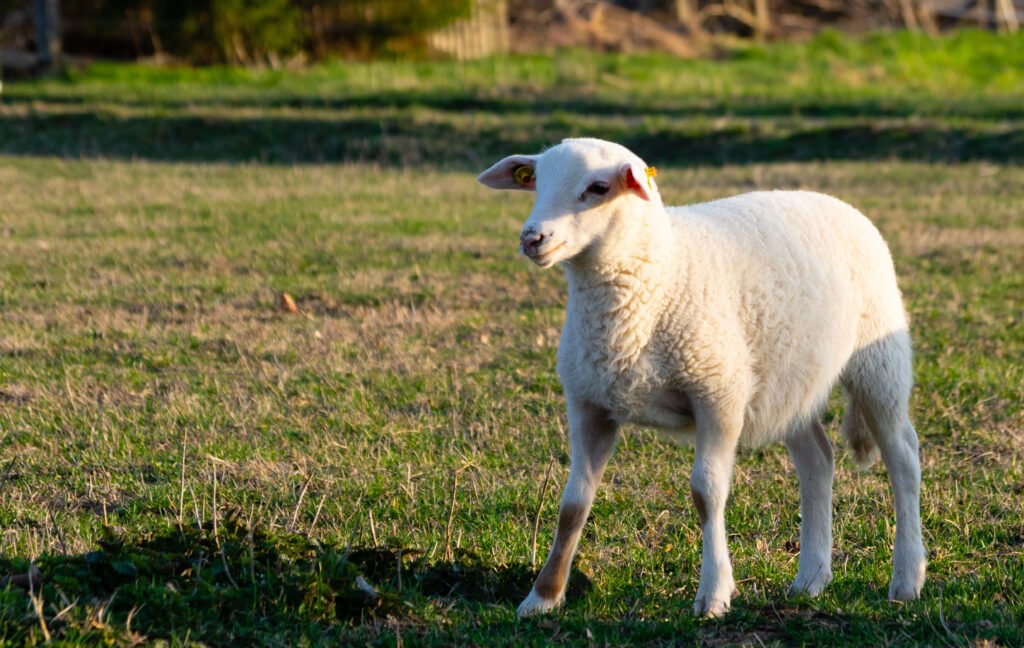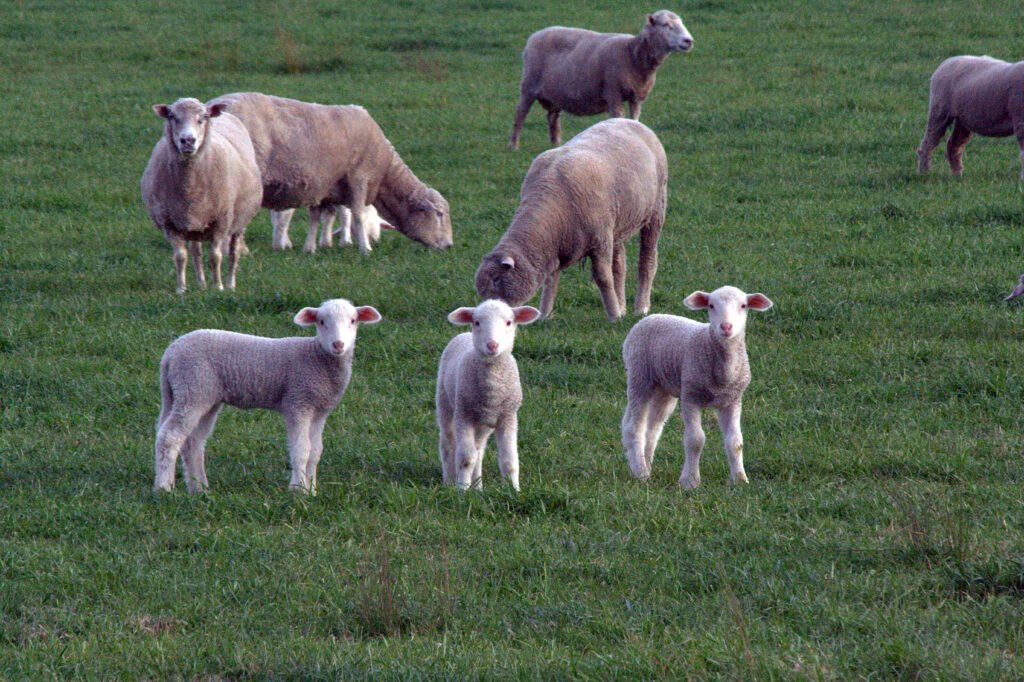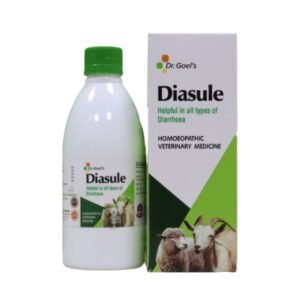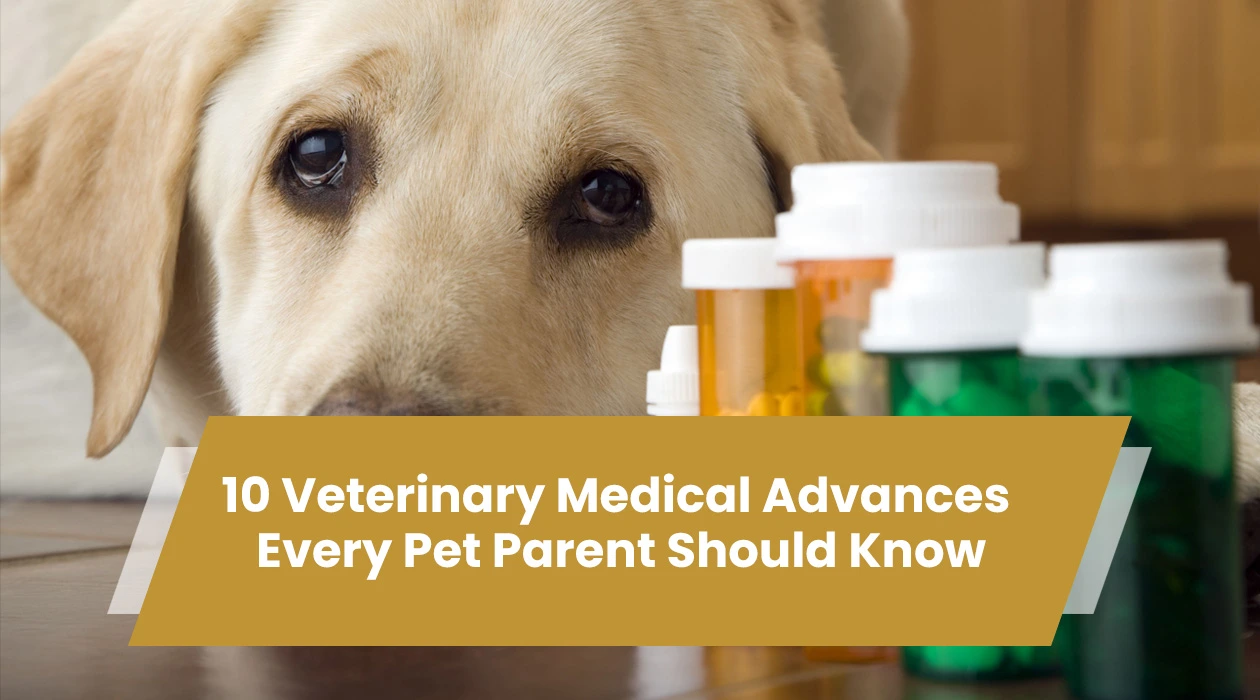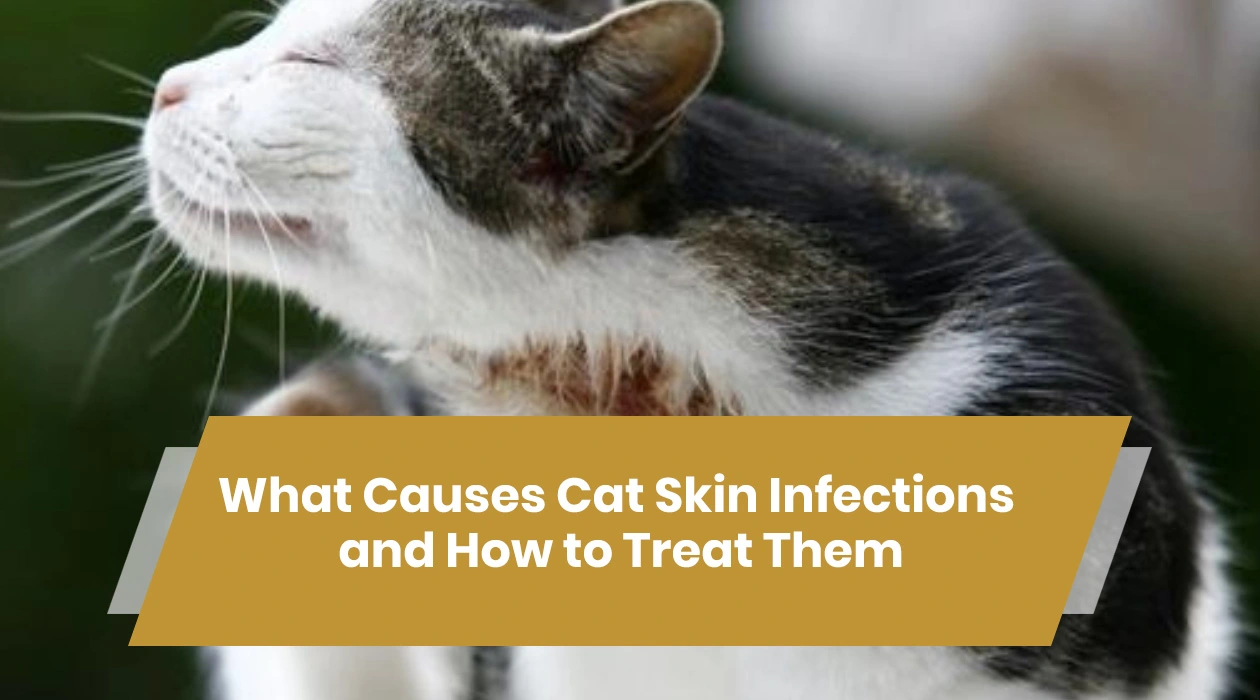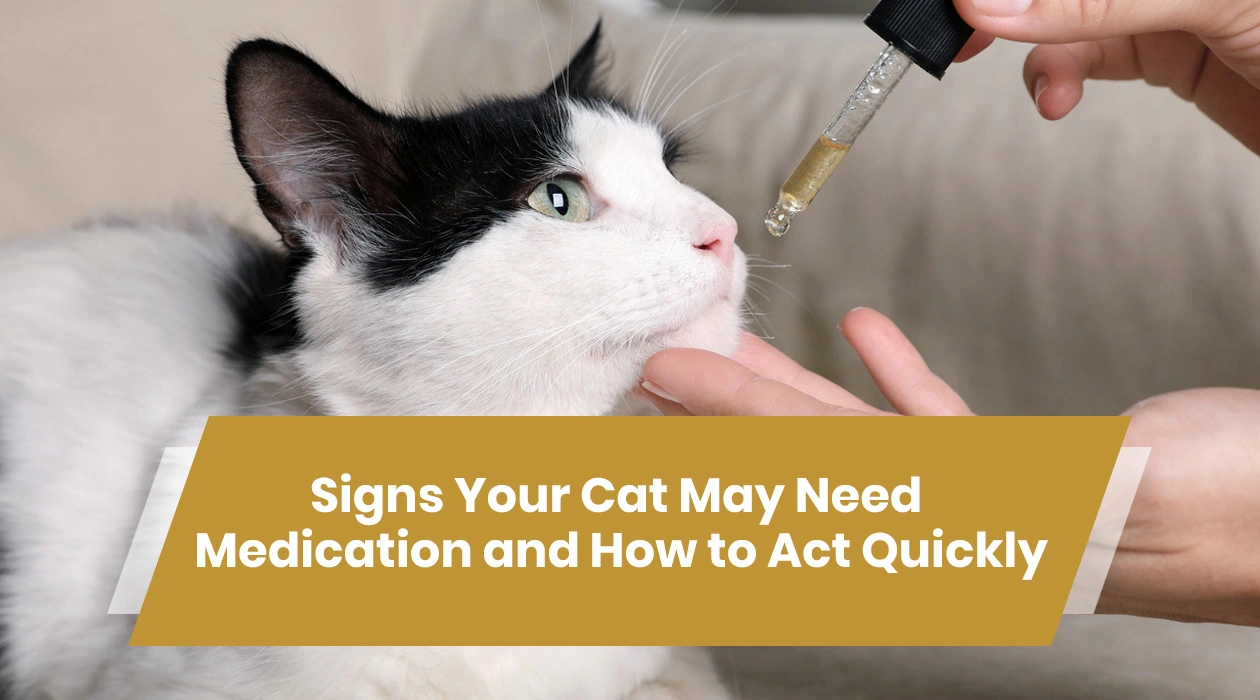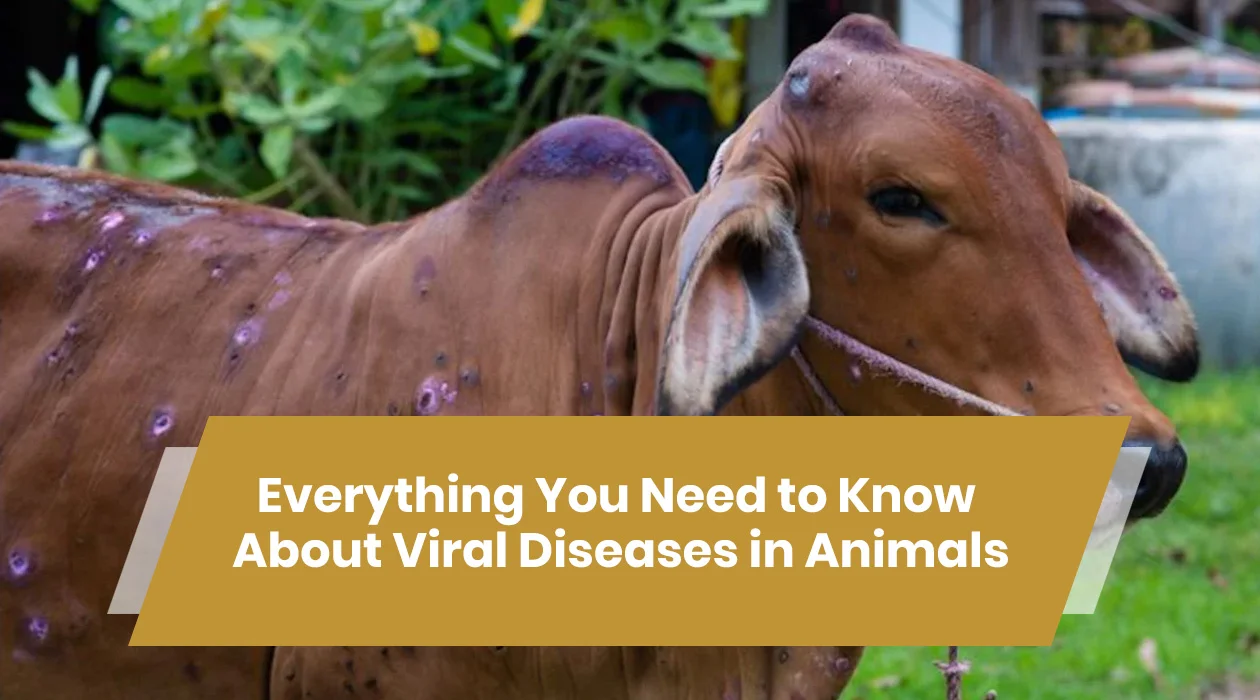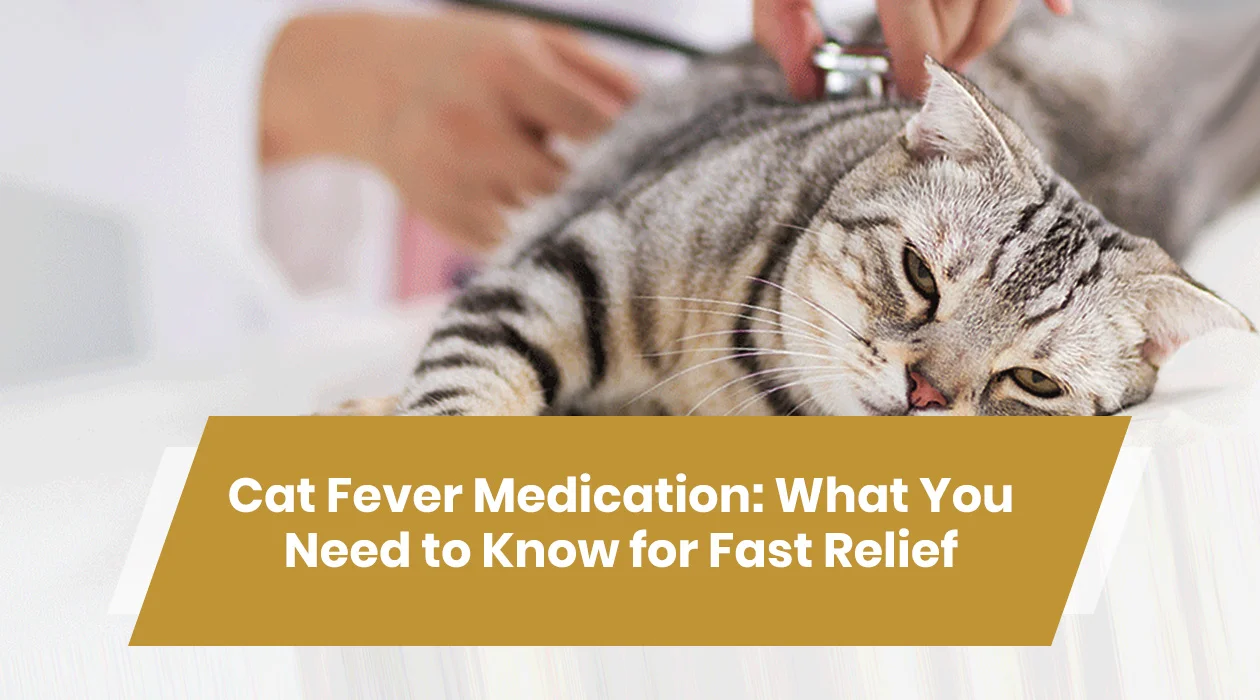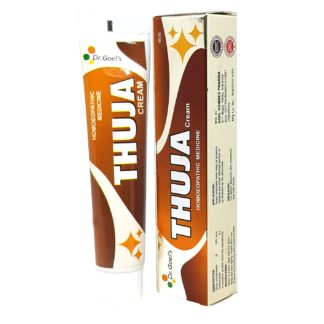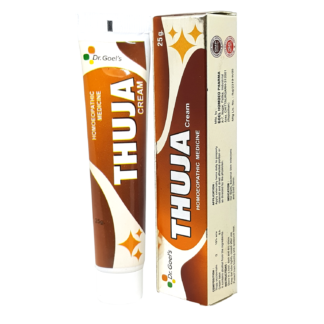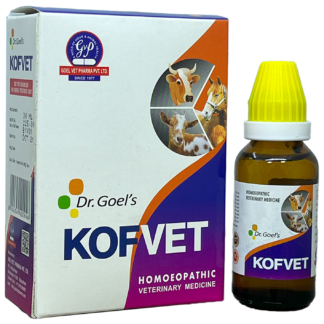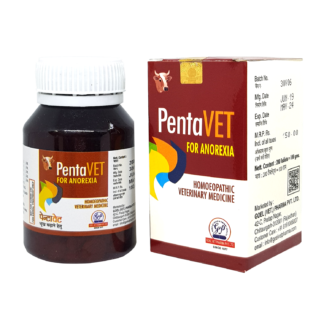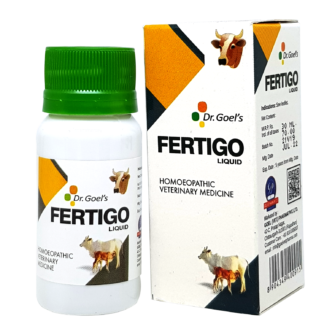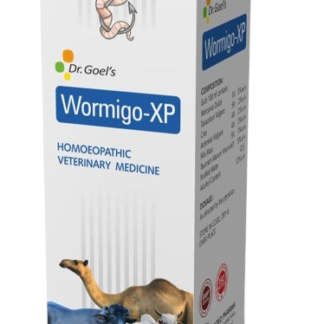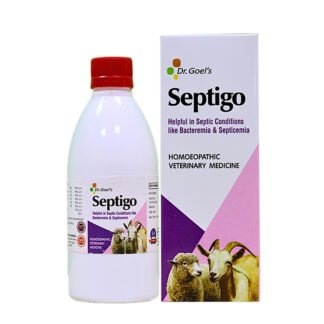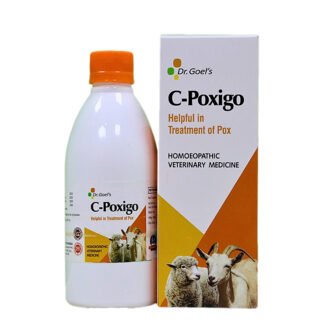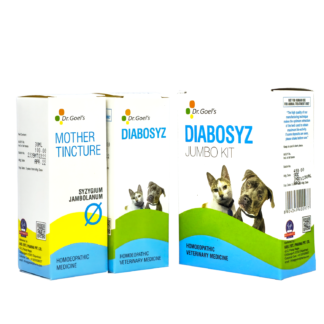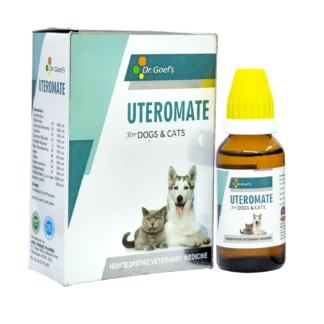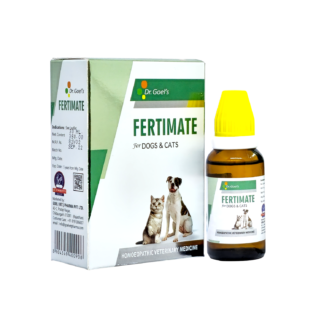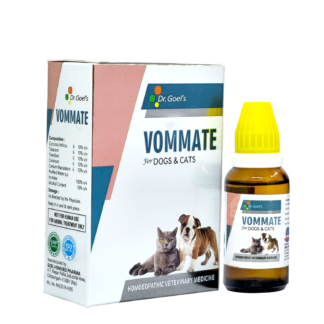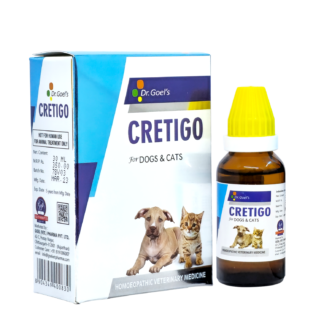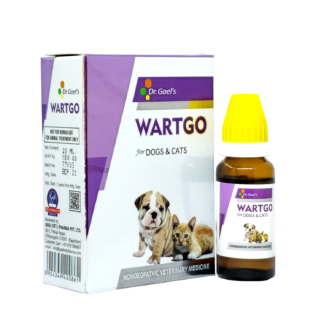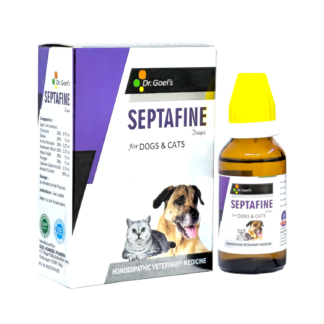Recognizing Symptoms of Diarrhea in Sheep and Goats
Early detection of diarrhea is vital to prevent severe dehydration and other complications. The symptoms of diarrhea can vary depending on the underlying cause but commonly include:
· Frequent, Loose Stools: The primary sign of diarrhea, often watery or containing mucus or blood. The consistency and color of the stools can provide clues to the underlying cause.
· Dehydration: Indicated by sunken eyes, dry mucous membranes, and skin tenting. Severe dehydration can lead to shock and organ failure.
· Weakness and Lethargy: Affected animals may appear weak, unsteady, or less active. They may separate themselves from the rest of the flock or herd.
· Weight Loss: Chronic diarrhea can lead to significant weight loss and poor body condition. Nutrient malabsorption and increased metabolic demands contribute to weight loss.
· Depression: Affected animals often appear depressed, with drooping ears and a general lack of interest in their surroundings. They may exhibit a hunched posture due to abdominal discomfort.
· Loss of Appetite: Reduced feed intake is common in animals experiencing gastrointestinal upset. Prolonged anorexia can exacerbate weight loss and weaken the immune system.
Diagnosing Diarrhea in Sheep and Goats
Accurate diagnosis is essential for effective treatment. Diagnosis involves a combination of clinical examination, laboratory testing, and sometimes necropsy.
Clinical Examination
· History: A detailed history includes recent changes in diet, housing conditions, and any new additions to the flock or herd. Understanding the context can help identify potential stressors or sources of infection.
· PhysicalExamination: Assess the severity of diarrhea, dehydration status, body condition, and overall health. A thorough examination can help identify additional signs of systemic illness.
Laboratory Testing
· Fecal Examination: Microscopic examination of fecal samples can identify parasites, bacteria, and protozoa. Fecal flotation and sedimentation techniques are commonly used.
· Culture and Sensitivity: Bacterial cultures from fecal samples help identify specific pathogens and determine appropriate antibiotics. Sensitivity testing ensures effective antimicrobial therapy.
· Blood Tests: Blood work can reveal dehydration, electrolyte imbalances, and other systemic effects of diarrhea. Complete blood counts (CBC) and serum biochemistry profiles are useful diagnostic tools.
· PCR Testing: Polymerase chain reaction (PCR) tests can detect viral DNA or RNA in fecal samples. PCR is a highly sensitive and specific method for identifying viral pathogens.
· Necropsy: In cases of sudden death or severe outbreaks, a necropsy can provide valuable insights into the cause of diarrhea and help prevent further losses in the flock or herd. Necropsy findings can reveal characteristic lesions associated with specific pathogens or toxic agents.
Treatment of Diarrhea in Sheep and Goats
Treatment depends on the underlying cause and severity of diarrhea. Immediate and supportive care is crucial to prevent dehydration and further complications.
Rehydration
· Oral Rehydration Solutions (ORS): For mild to moderate cases, ORS containing electrolytes and glucose can be administered. ORS helps restore fluid balance and provide essential nutrients.
· Intravenous Fluids: Severe dehydration may require intravenous fluid therapy administered by a veterinarian. Intravenous fluids can rapidly correct fluid deficits and restore circulatory volume.
Antimicrobial Therapy
· Antibiotics: Prescribed based on culture and sensitivity results, antibiotics can treat bacterial infections. It is important to use antibiotics judiciously to prevent resistance.
· Antiparasitic Treatments: Anthelmintics, such as fenbendazole, ivermectin, and levamisole, are used to treat parasitic infections. Rotating anthelmintics and monitoring fecal egg counts help manage resistance.
Supportive Care
· Probiotics: Probiotics can help restore the natural gut flora and improve digestion. They can be particularly beneficial after antibiotic treatment.
· Anti-inflammatory Drugs: Non-steroidal anti-inflammatory drugs (NSAIDs) can reduce inflammation and discomfort. Care must be taken to avoid gastrointestinal irritation with prolonged use.
Dietary Management
· Fasting: In severe cases, short-term fasting (12-24 hours) can rest the gastrointestinal tract. Gradual refeeding should follow to prevent further stress on the digestive system.
· Gradual Reintroduction of Feed: Slowly reintroduce a bland diet before transitioning back to normal feed. High-fiber diets can help stabilize the digestive system.
Environmental Management
· Sanitation: Improve hygiene by regularly cleaning and disinfecting feeding and watering areas. Reducing environmental contamination is key to preventing reinfection.
· Reduce Stress: Minimize stressors, such as overcrowding, rough handling, and sudden changes in environment or diet. Stress management can significantly improve overall health and reduce disease incidence.
Prevention of Diarrhea in Sheep and Goats
Preventive measures are essential to maintain flock and herd health and minimize the risk of diarrhea outbreaks. A proactive approach includes biosecurity, vaccination, parasite control, nutritional management, and environmental management.
Biosecurity
· Quarantine New Arrivals: Isolate new animals for at least two weeks to monitor for signs of illness. Quarantine helps prevent the introduction of new pathogens into the flock or herd.
· Limit Visitor Access: Restrict access to the flock or herd by visitors who may inadvertently bring in infectious agents. Visitors should follow biosecurity protocols, including wearing clean clothing and disinfecting footwear.

 Australian Shepherd
Australian Shepherd Beagle
Beagle Belgium Shepherd
Belgium Shepherd Bernese Mountain Dog
Bernese Mountain Dog Border Collie
Border Collie Boxer
Boxer Bulldog
Bulldog Cavalier King Charles Spaniel
Cavalier King Charles Spaniel Chihuahua
Chihuahua Cocker Spaniel
Cocker Spaniel Dachshund
Dachshund Doberman Pinscher
Doberman Pinscher Dogo Argentino
Dogo Argentino French Bulldog
French Bulldog German Shepherd
German Shepherd Golden Retriever
Golden Retriever Great Dane
Great Dane Himalayan Shepherd
Himalayan Shepherd Indie Dogs
Indie Dogs Labrador Retriever
Labrador Retriever Pakistani Bully
Pakistani Bully Pembroke Welsh Corgi
Pembroke Welsh Corgi Pitbull
Pitbull Pomeranian
Pomeranian Poodle
Poodle Pug
Pug Rottweiler
Rottweiler Shih Tzu
Shih Tzu Siberian Husky
Siberian Husky Yorkshire Terrier
Yorkshire Terrier Australian Shepherd
Australian Shepherd Beagle
Beagle Belgium Shepherd
Belgium Shepherd Bernese Mountain Dog
Bernese Mountain Dog Border Collie
Border Collie Boxer
Boxer Bulldog
Bulldog Cavalier King Charles Spaniel
Cavalier King Charles Spaniel Chihuahua
Chihuahua Cocker Spaniel
Cocker Spaniel Dachshund
Dachshund Doberman Pinscher
Doberman Pinscher Dogo Argentino
Dogo Argentino French Bulldog
French Bulldog German Shepherd
German Shepherd Golden Retriever
Golden Retriever Great Dane
Great Dane Himalayan Shepherd
Himalayan Shepherd Indie Dogs
Indie Dogs Labrador Retriever
Labrador Retriever Pakistani Bully
Pakistani Bully Pembroke Welsh Corgi
Pembroke Welsh Corgi Pitbull
Pitbull Pomeranian
Pomeranian Poodle
Poodle Pug
Pug Rottweiler
Rottweiler Shih Tzu
Shih Tzu Siberian Husky
Siberian Husky Yorkshire Terrier
Yorkshire Terrier Abyssinian
Abyssinian American Bobtail
American Bobtail American Shorthair
American Shorthair Balinese Cat
Balinese Cat Bengal Cat
Bengal Cat Birman
Birman Bombay Cat
Bombay Cat British Longhair
British Longhair British Shorthair
British Shorthair Burmese Cat
Burmese Cat Devon Rex
Devon Rex Exotic Shorthair
Exotic Shorthair Himalayan Cat
Himalayan Cat Maine Coon
Maine Coon Oriental Shorthair
Oriental Shorthair Persian Cats
Persian Cats Ragdoll
Ragdoll Scottish Fold
Scottish Fold Siamese Cat
Siamese Cat Siberian Cat
Siberian Cat Sphynx Cat
Sphynx Cat


